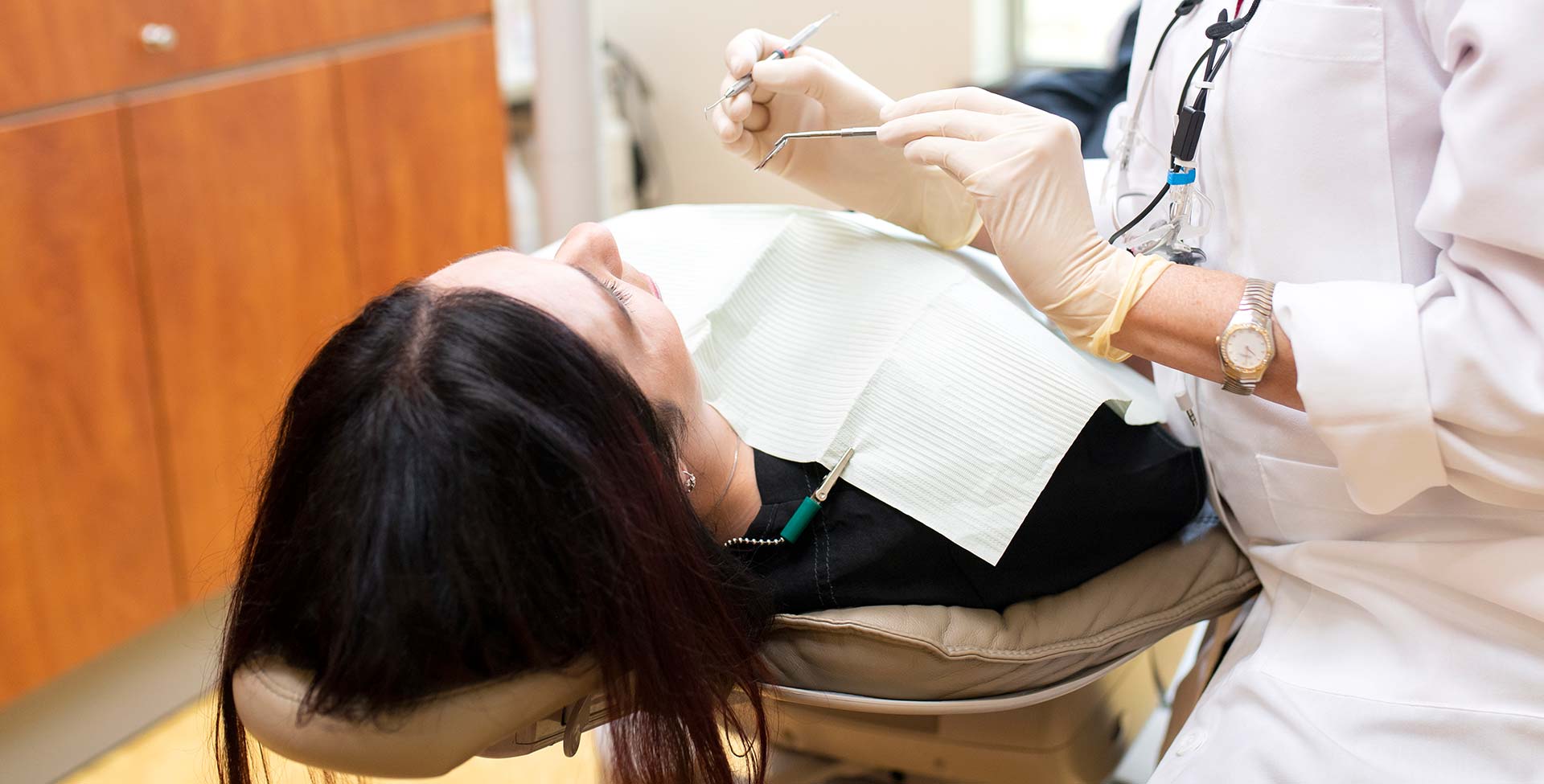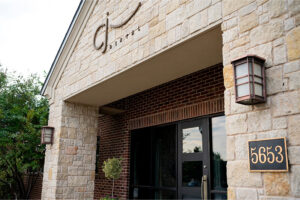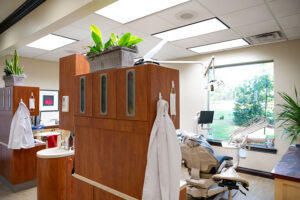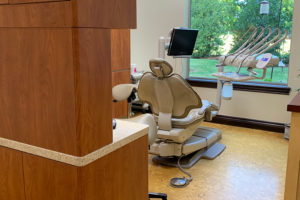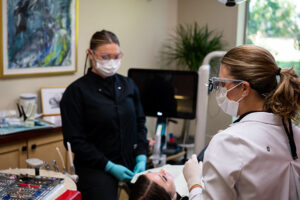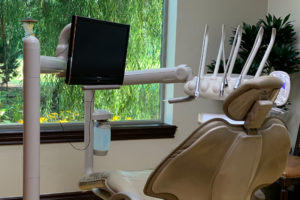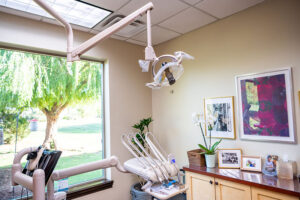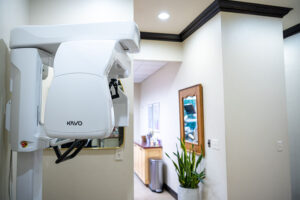Oral Surgery
Extractions, Wisdom Teeth, Implants (place and restore)
Oral surgery can sometimes be a beneficial intervention for preserving a patient’s oral health. For example, impacted wisdom teeth will need to be removed surgically. Dental implants are also placed in a surgical procedure that helps to restore the appearance and function of a patient’s smile.
For a successful oral surgery experience, it’s important for patients to consult with their dentist about how to prepare for the procedure and how to take care of the treated site afterward. This can help to reduce complications that can interfere with your healing process.





